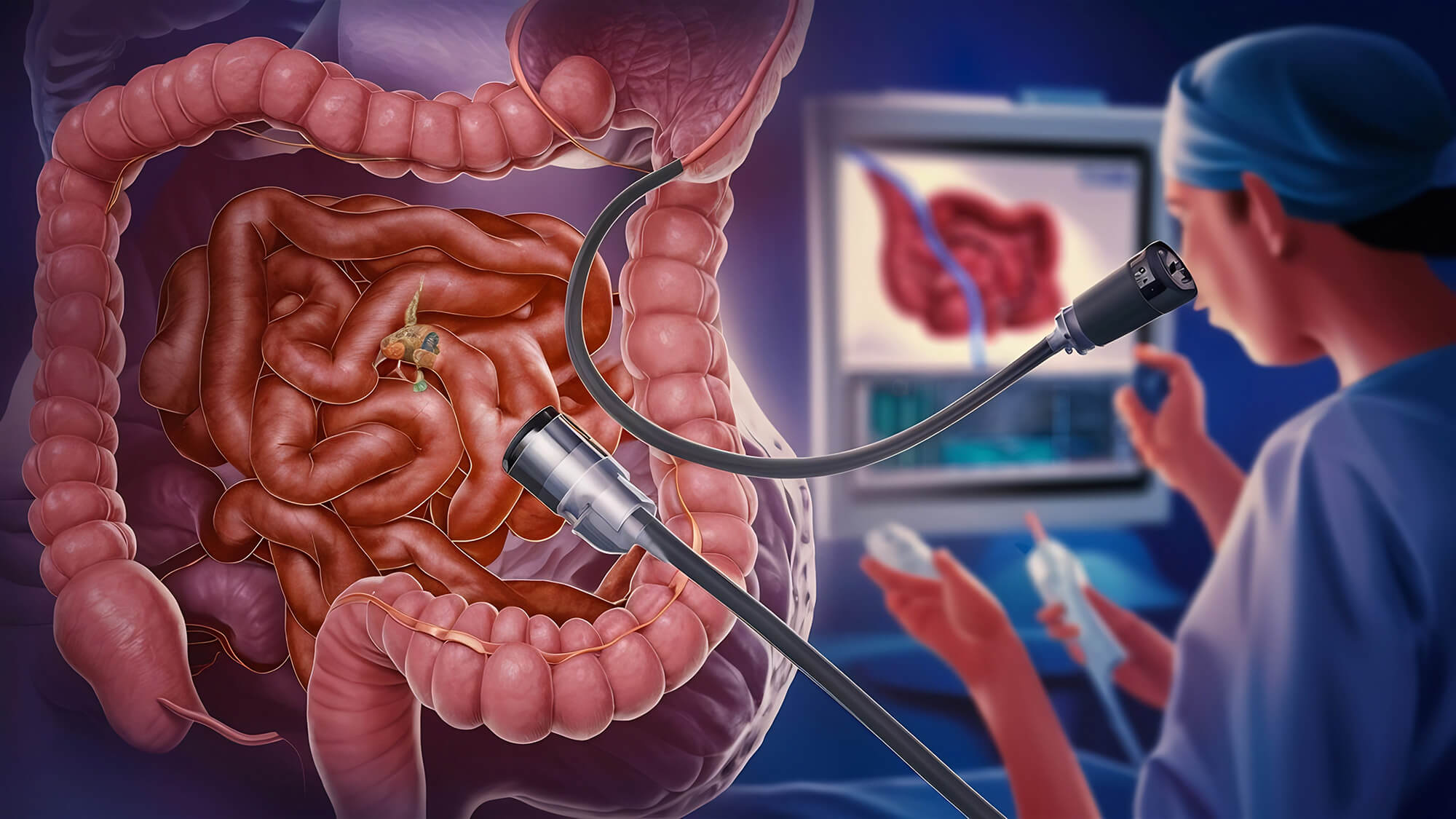What is robotic colon surgery?
Robotic colon surgery is a minimally invasive surgical alternative for some individuals and provides cutting-edge technology in the assistance of colon resection surgeries. The surgery is performed by a GI doctor, who controls a robotic arm that holds endoscopic cameras and surgical tools.
The arm precisely mimics the hand movements of the doctor and allows for careful examination of the surgical site without more invasive methods. For more information on robotic surgery and how it works, schedule an appointment at your local GI Alliance to speak with a gastroenterologist.

Is robotic colon surgery safe?
Robotic colon surgery, just like any surgical procedure, presents some risks to patients, and your doctor can help you assess any specific or heightened risks to you individually. Some general risk that accompanies surgical procedures include infection, reopening of the incisions, and blood loss. Learn more about the details of this surgery by connecting with a GI doctor at GI Alliance.
What are the advantages of robotic colon surgery?
The advantages of robotic colon surgery vary from patient to patient. One of the biggest advantages to the surgery is a quicker recovery time. Some other possible advantages of robotic colon surgery could include:
- Less blood loss
- Less scarring
- Precise removal of cancerous tissues
Not everyone is a candidate for robotic colon surgery. To learn more about the surgery, talk to your GI doctor at GI Alliance to learn about the best option for you.

How long does robotic colon surgery take?
Robotic colon surgery duration depends on the specific location of the surgery, and the condition that is being treated. You can discuss your specific conditions and the duration of surgery time with your doctor.
Robotic colon surgery also allows for quicker recovery time and shorter hospital stays than those allowed by invasive open surgery. Patients at GI Alliance usually stay in the hospital for 3 to 5 days, and recovery at home usually takes one to two weeks. Schedule an appointment with a gastrointestinal specialist for more information.
